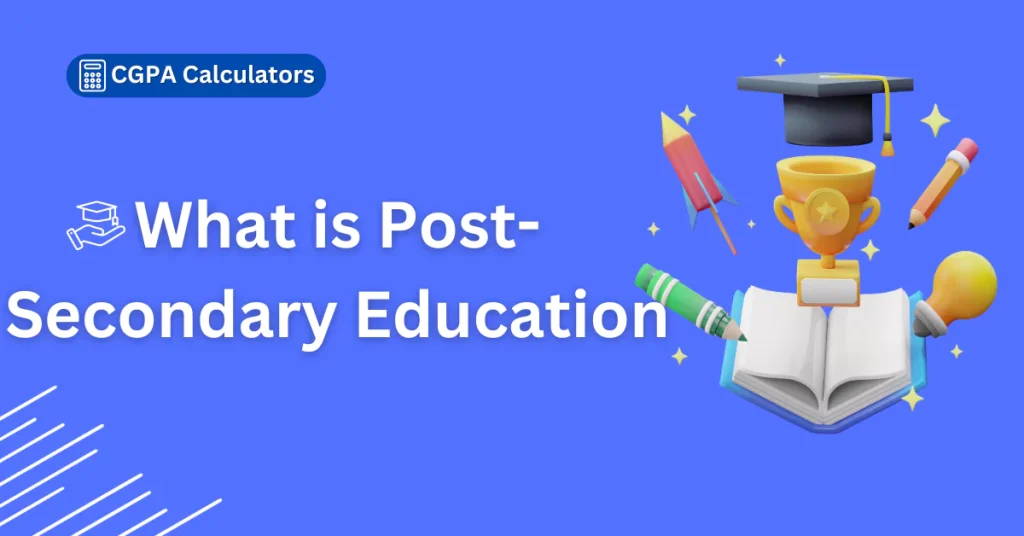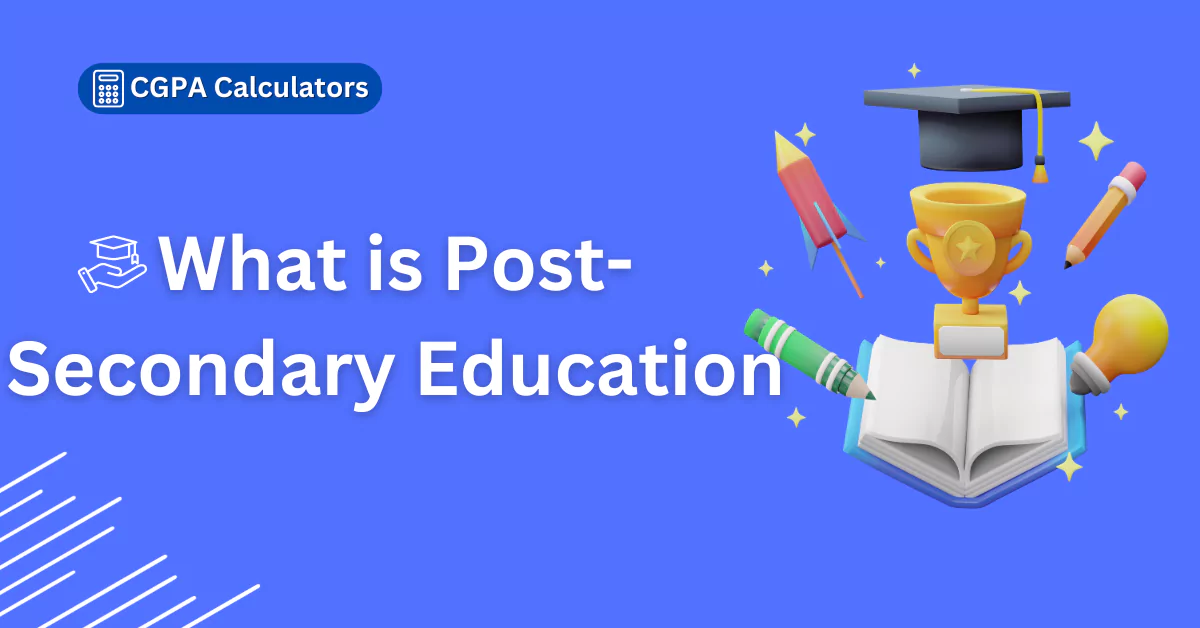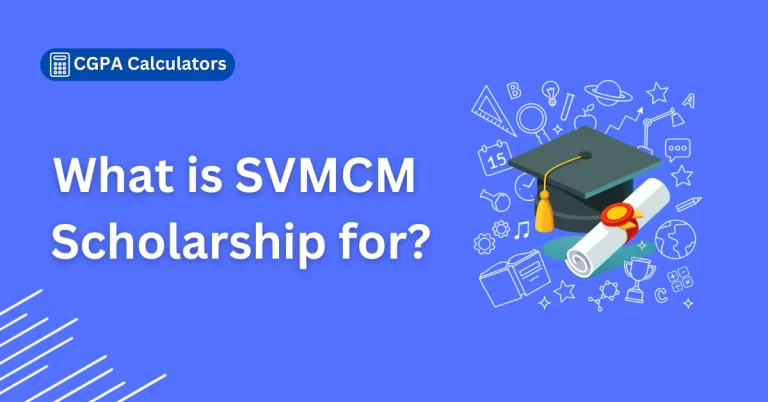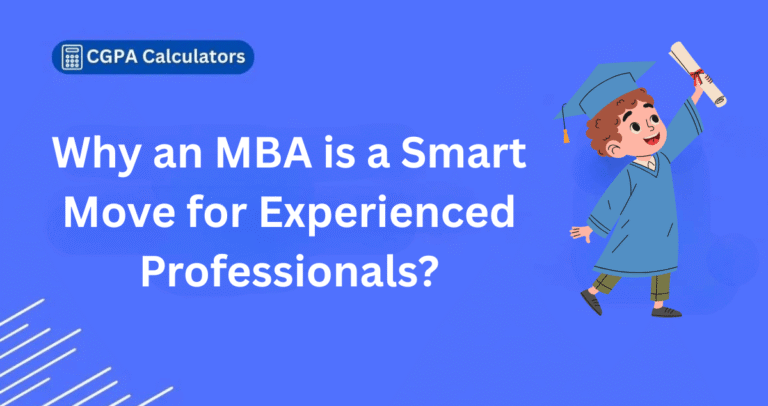What is Post-Secondary Education?
When you hear the term “post-secondary education,” it might sound a bit complex or daunting, but it’s actually a straightforward concept that plays a crucial role in shaping your future. In this blog post, we will explain what is post secondary education, the different types available, why it is important, and how to make all of it.
If you’re a high-school student who is planning the next steps or you’re thinking about going back to school This guide can focus on providing useful information to benefit you through your education experience.

What is Post-Secondary Education?
Post-secondary education refers to any form of education that takes place after high school (secondary school). It covers a wide range of classes designed to provide participants with knowledge expertise, understanding of the subject, and capabilities necessary to take on different job pathways. Higher education can be academic, vocational or technical, and usually provided by colleges, universities as well as vocational schools.
Types of Post-Secondary Education
There are a variety of postsecondary education available that cater to various preferences as well as job ambitions. These are the most popular choices:
1. Community Colleges
Community colleges, also known as junior colleges, offer two-year programs that lead to an associate degree. These schools add the most cost-effective and flexible choice for those who wish to complete their first two years of postsecondary training prior to moving on to an institution of higher education with a four-year degree. Community colleges also offer certificates courses for those looking to collect particular talent to be employed immediately.
2. Four-Year Colleges and Universities
These institutions offer bachelor’s degree programs that typically take four years to complete.Universities and colleges favor the opportunity to learn in a range of areas, such as sciences, liberal arts as well as business and engineering. Certain universities also provide graduate programs that lead to doctoral or master’s degree.
3. Vocational and Technical Schools
Vocational and technical schools focus on providing practical, hands-on training for specific careers.The length of these programs could range between a few months and two years, and can cover an array of areas including medical technology, automotive technology as well as culinary arts and information technology.
4. Online Education
With the advent of digital technology, many institutions now offer online programs, allowing students to pursue their education remotely. Online education provides flexibility and convenience, making it a popular choice for working professionals and those with other commitments.
Why is Post-Secondary Education Important?
Post-secondary education offers a numbers of benefits that can mostly impact your personal and professional life. Here are some key reasons why pursuing post-secondary education is important:
1. Career Opportunities
Many careers require post-secondary education as a minimum qualification. When you have a college certificate or degree and a certificate, you rise the chances of getting an excellent job that pays well and has growth opportunities. Furthermore, training that is specialized can provide you with unique as well as rewarding job pathways.
2. Higher Earning Potential
Statistics consistently show that individuals with post-secondary education tend to earn higher salaries compared to those with only a high school diploma. The investment in your education can lead to long-term financial stability and a better quality of life.
3. Personal Development
Post-secondary education is not just about acquiring knowledge; it’s also about personal growth. It will benefit you develop the ability to think critically skills and learn how to tackle difficult problems and get greater knowledge of the surroundings. These knowledge can be useful for your skillful as well as in your personal.
4. Networking Opportunities
Universities, colleges, and vocational colleges favor an excellent opportunity to connect with strangers, like teachers, peers, and experts from industry. A strong network of contacts can help with job development and personal growth. .
How to Choose the Right Post Secondary Education Path
The universities, colleges and vocational institutions offer an excellent opportunity to connect with new individuals, such as teachers, peers, and professional from the industry. The development of a network could help with job development and personal growth.
1. Assess Your Interests and Goals
Start by identifying your interests, strengths, and career goals. Consider what subjects or activities you enjoy and where you see yourself in the future. This assessment will benefit you identify areas of study that are in line with your interests and ambitions.
2. Research Programs and Institutions
Once you have a clear idea of your interests, research different programs and institutions that offer courses in those fields. Look into the curriculum, faculty, resources, and reputation of each institution. Visiting campuses and attending open houses can also provide valuable insights.
3. Consider Costs and Financial Aid
Post-secondary education can be expensive, so it’s important to consider the costs involved. Find out about tuition costs as well as living costs, along with various financial aid options, including grants, scholarships and student loans. Numerous institutions offer assistance packages that benefit students afford their education.
4. Evaluate the Location and Environment
Think about whether you prefer to study close to home or are open to relocating. Consider the campus environment, class sizes, and available support services. Some students thrive in large universities with diverse populations, while others prefer smaller, close-knit communities.
5. Seek Advice and Guidance
Don’t hesitate to seek advice from teachers, school counselors, family members, and professionals in your field of interest. They can provide valuable insights and help you make an informed decision.
Making the Most of Your Post-Secondary Education
Once you’ve chosen a post-secondary education path, it’s important to make the most of your experience. Here are some tips to help you succeed:
1. Stay Organized and Manage Your Time
Balancing coursework, extracurricular activities, and personal responsibilities can be challenging. Improve your time and organizational talent to assure you are on top of all your obligations, and to reduce anxiety.
2. Get Involved
Participating in clubs, organizations, and extracurricular activities can enrich your college experience while helping you develop essential skills. Plus, being part of something can open doors to new connections and expand your network!
3. Seek Support When Needed
Don’t be afraid to ask for help if you’re struggling academically or personally. Many institutions provide support services like tutoring, counseling and academic advising that can help keep you on track to reach your goals. Tapping into these resources can ensure you stay on track and meet them successfully.
4. Build Relationships with Professors and Mentors
Establishing relationships with professors and mentors can provide invaluable support during your academic journey. They can offer advice, suggest resources, and connect you to opportunities available in your field of study.
5. Explore Internship and Job Opportunities
Gaining practical experience through internships, co-op programs, and part-time jobs can complement your academic learning and enhance your resume. Many institutions have career services offices that can help you find relevant opportunities.
Also read about Oasis Scholarship and How to Get It?
Conclusion
Postsecondary education can open doors to endless opportunities and personal development. No matter if it’s a community college, four-year university, vocational school, online education or some combination thereof – choosing an educational path that aligns with your interests and goals will lead to a rewarding and fruitful future for you. By making informed decisions and actively engaging in your educational journey you can set yourself up for a successful and satisfying journey ahead.
Remember, education isn’t about reaching an endpoint – it’s also about the journey, experiences and connections gained along the way. Seize every opportunity, face any challenges head on and enjoy this unique adventure that postsecondary education presents!
Are you ready to take the next step in your educational journey? Consider all your options, seek guidance, and set your own path – your future lies within your grasp!







